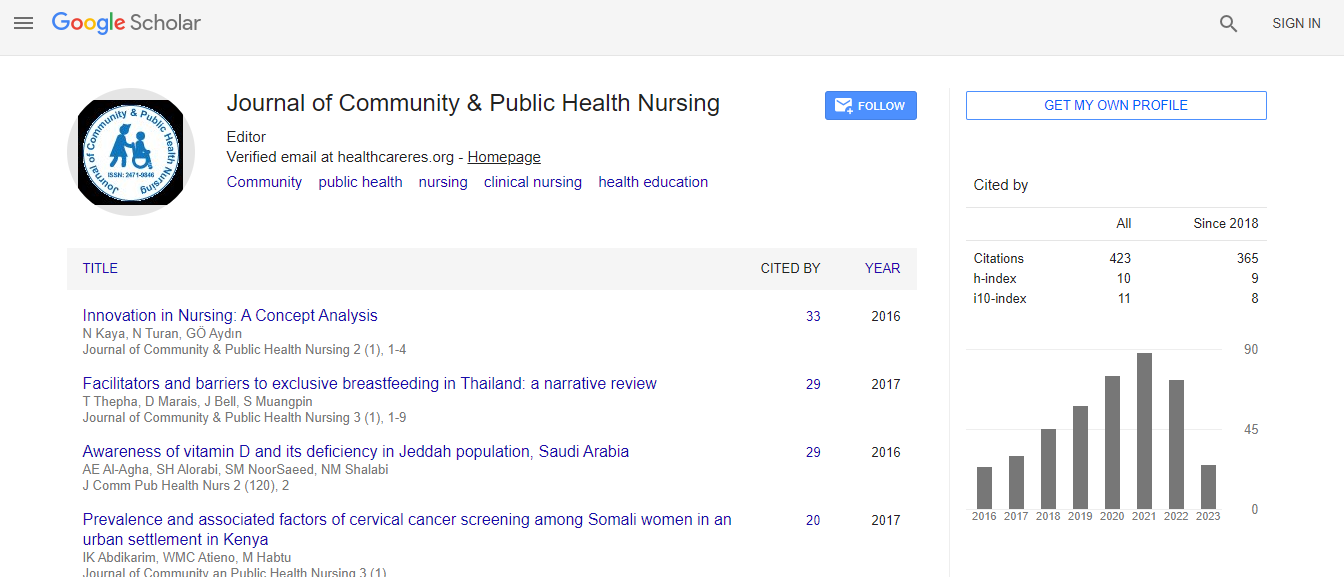Research Article
Barriers to Poverty Reduction in Russia: Participatory Qualitative Assessment. Oxfam GB Case Study
Zakirova Venera1* and David Zakus21Bashkir State University, Russia
2Distinction in Global Health, Faculty of Community Services, Ryerson University, Toronto, Canada
- *Corresponding Author:
- Zakirova Venera, PhD
Bashkir State University, Russia
Tel: 79173847562
E-mail: venera1108@yahoo.com
Received date: December 02, 2015; Accepted date: January 11, 2016; Published date: January 18, 2016
Citation: Venera Z, Zakus D (2016) Barriers to Poverty Reduction in Russia: Participatory Qualitative Assessment. Oxfam GB Case Study. J Comm Pub Health Nursing 2:109. doi:10.4172/2471-9846.1000109
Copyright: © 2016 Venera Z, et al. This is an open-access article distributed under the terms of the Creative Commons Attribution License, which permits unrestricted use, distribution, and reproduction in any medium, provided the original author and source are credited.
Abstract
This article provides a participatory poverty analyses based on experience gained from EU-Oxfam GB project “Empowering Municipalities to Effectively Address Poverty” carried out in five small towns, including Ostashkov town in Tver oblast, in Central Russia. Research on participatory assessment was carried out through focus group discussions (FGDs) among the people living in poverty, namely: single mothers; people with disabilities; families with many children; families with disabled children; and pensioners. In this article, the participatory results are given on the example of the qualitative analyses of FGDs in Ostashkov town. One of the results of cluster qualitative analyses is identification of institutional and behavioral barriers as structural factors for better life that could be considered for policy decisions. For example, better information channels on health services or an awareness campaign on social benefits for the elderly or people with disabilities may reduce behavior barriers, while improved doctor’s appointment system at health clinic may reduce institutional barriers in access to public services for those vulnerable groups of population. Official figures may simply omit those living in poverty as they may just not be seen in the public eyes and their needs remain unmet at policy level. We argue that a participatory understanding of community barriers can help local municipalities to develop more targeted community programs on poverty reduction.

 Spanish
Spanish  Chinese
Chinese  Russian
Russian  German
German  French
French  Japanese
Japanese  Portuguese
Portuguese  Hindi
Hindi 
